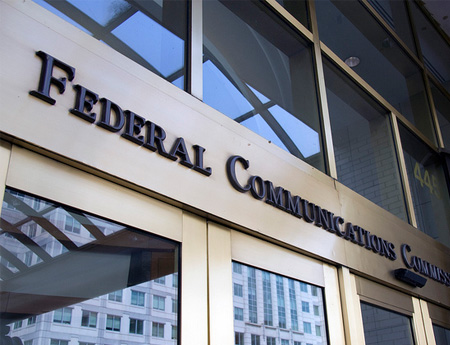Analysts Vet FCC Valuations

The smarter way to stay on top of broadcasting and cable industry. Sign up below
You are now subscribed
Your newsletter sign-up was successful
Wall Street has been running the numbers on the FCC's high-end station reserve price valuations for the spectrum auction.
The FCC last week released a ton of information on the auction, including reserve price calculations, to give broadcasters a better sense of the value of their stations and participation in the auction.
Wells Fargo Securities notes the different tax consequences for broadcasters depending on whether they give up spectrum, move to a VHF channel, move from a high V to a low, or channel-share, as well as a calculation of which broadcast groups had the greatest enterprise value.
Not surprisingly, Sinclair, the largest group, tops the list, followed by Nexstar and Media General.
Sinclair has said it was not planning to give up spectrum, but there could be a way for groups with duopolies to eat their cake and have it too, giving up one of the stations in a market to the auction, and multicast its programming on the remaining station.
Wells Fargo used the potential of channel sharing, both via duopolies and by stations that are not currently multicasting, to come up with a "hidden value" for broadcast station groups that could unlock that value by sharing.
Topping the list of "hidden value" groups are Nexstar, Media General and Tribune.
The smarter way to stay on top of broadcasting and cable industry. Sign up below
SNL Kagan pointed to the widely varying and sometimes "eye-popping valuations," but pointed out that the numbers are based on a high-end projection of spectrum cleared--126 MHz and auction proceeds--$45 billion, with $38 billion of that available to pay broadcasters.
Some estimates put the total spectrum cleared at more like 84 MHZ, which could reduce those eye-popping figures by a third, though not necessarily depending on a number of factors. And even then those are reserve prices expected to be bid down in the auction--it is a reverse auction, like bidding on a contract, where the station willing to give up spectrum for the lowest price wins.
At the end of the day, the FCC figures are what broadcasters could get in a best-case scenario, not necessarily what they will get.
"With this document, FCC Chairman Tom Wheeler and the task force has sought to send a jolt through the market and encourage maximum participation to increase the odds of attaining $45 billion of auction proceeds, or an amount close to it," said Kagan. "The ultimate station compensation will depend on the carriers' appetites and ability to pay the levels suggested in the document and broadcasters' bottom-line values.
Contributing editor John Eggerton has been an editor and/or writer on media regulation, legislation and policy for over four decades, including covering the FCC, FTC, Congress, the major media trade associations, and the federal courts. In addition to Multichannel News and Broadcasting + Cable, his work has appeared in Radio World, TV Technology, TV Fax, This Week in Consumer Electronics, Variety and the Encyclopedia Britannica.

